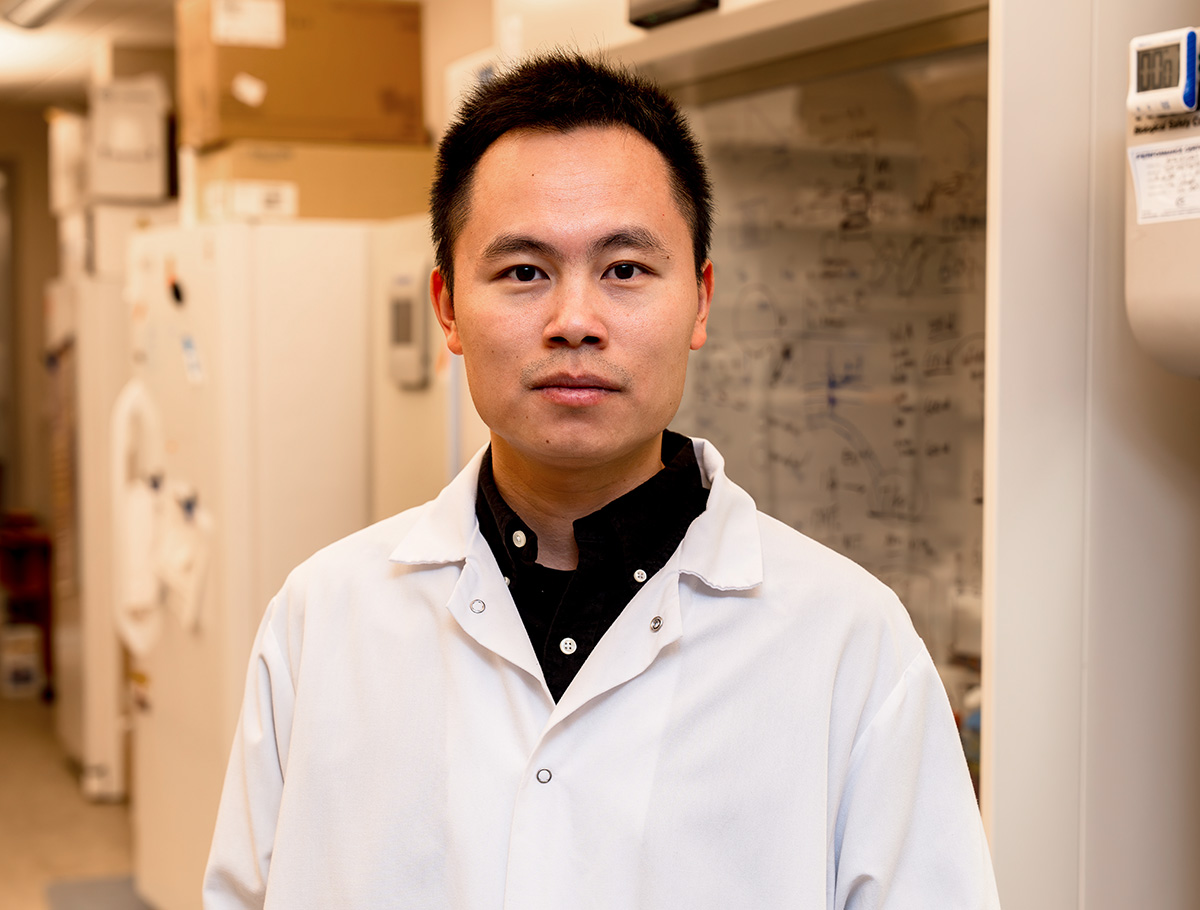
B.A., Biotechnology, China Pharmaceutical University, 2012
M.S., Microbiology and Biochemical Pharmacy, China Pharmaceutical University, 2014
Ph.D., Microbiology & Immunology, Drexel University College of Medicine, 2019
Post-doctorate, Virology, Evrys Bio, 2022
View on National Library of Medicine.